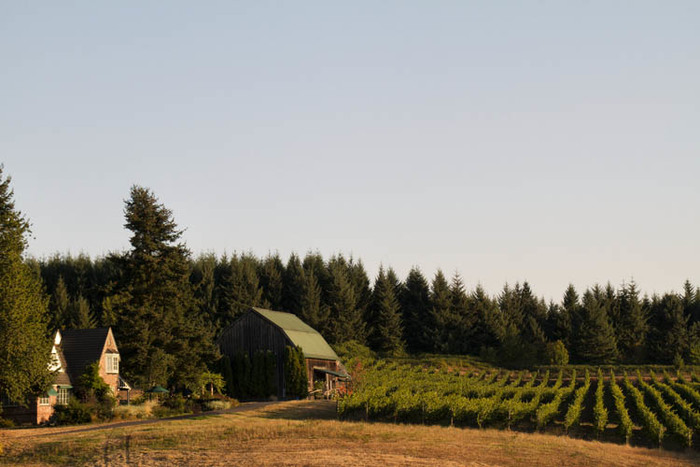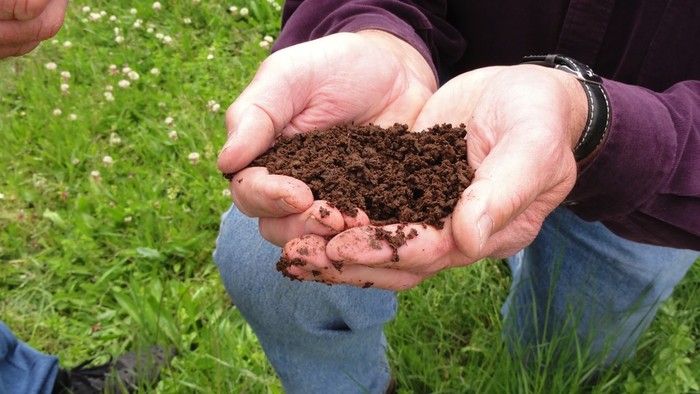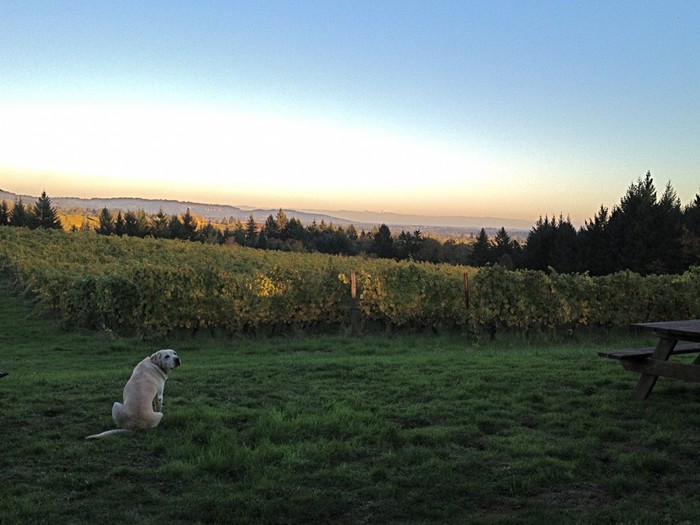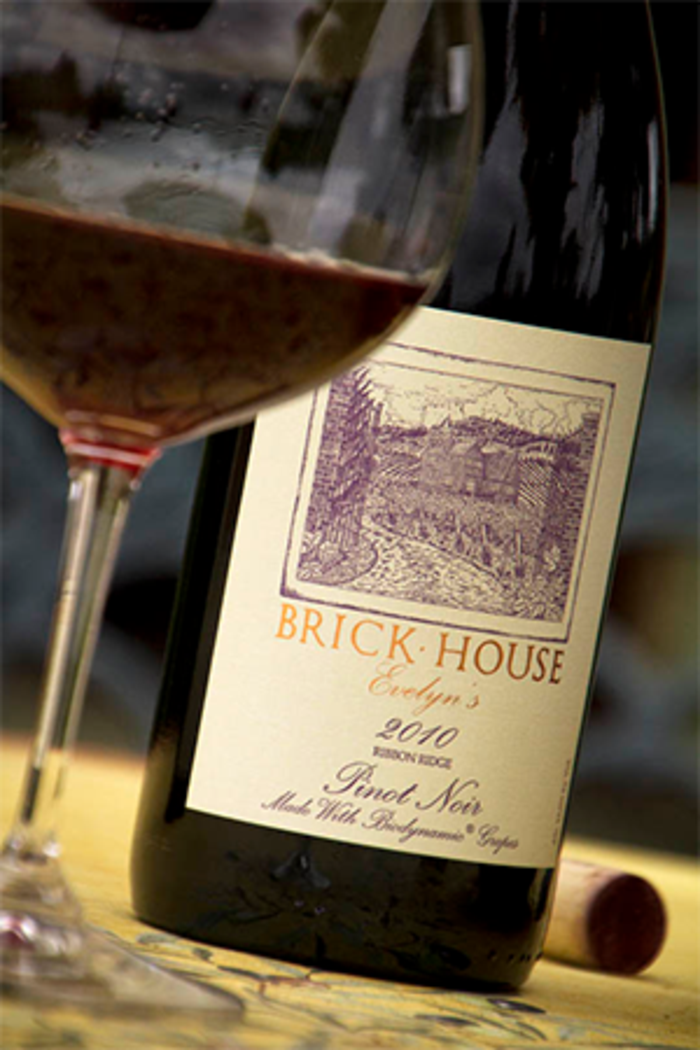“We need cow horns to do this work, but that doesn’t mean we should become bull-headed in advocating it.”
- “Agriculture” Rudolf Steiner, First Discussion, 1924
Brick House Vineyards
Vineyard & winery

18200 Lewis Rogers Lane
Newberg, OR 97132, United States
Phone: 503-538-5136
Fax: 503-538-5136
info@brickhousewines.com
http://brickhousewines.com
About Us
When I first laid eyes on the farm it was kind of a sad place. The hazelnut orchard had been “custom farmed” by non-resident farmers in the age of “Better Living Through Chemistry.” Their list of chemical inputs included all the ingredients of Rachael Carson’s “Silent Spring” and more … DDT, Paraquat, Simazine…the list went on and on, to my private horror. The house was dilapidated: a rental. One tenant was living in a bus parked in the oak grove.But in January of 1990 the whole farm went Cold Turkey.
We certified all 40 acres for organic agriculture and, with the planting of the first 10 acres of Pinot Noir, set out on a journey into what was at the time largely Terra Incognita in the north Willamette Valley. We committed to stopping all applications of synthetically compounded chemicals on our land. We observed our vines struggling to overcome the residues in the soil. They competed with the abundant grasses and weeds that thrive in moist Willamette Valley soil. We had to find and/or devise alternatives. Needless to say, the early seasons passed on a trial and error basis. We farmed, as Indiana Jones might have said, “making it up as we went along.”
But farm we did, and with measured success. We learned over time the best ways to keep the weeds and mildew at bay. There was no shortage of demand for our certified organic fruit. And by 1993 it was exhilarating to taste the wines made from it. Organic farming liberated our land from dependence on chemical agriculture. By 2002, we were seeking ways to enrich and stimulate our soils and our plants to even better all-around health and vitality.
In time, Biodynamics® emerged as a possible way to achieve that goal. A lot of Biodynamic practitioners advise growers to “follow the forest !”
I think Biodynamic agriculture holds particular appeal for winegrowers. It calls for close attention to nature’s cycles and harnesses energies not always obvious to the naked eye. More than most, Biodynamic winegrowers rely on nature’s ability to transform materials; on metamorphosis and the cycles of decay, death and life.
Take our compost, for instance : Grape pomace – solids, seeds and stems left from making our wines – is combined with straw, hay, leaf refuse, garden cuttings and other carbonaceous material and mixed with organic cow manure to form large, static piles of compost. There the remnants of the first fermentation (that turned grape juice into wine) undergo a form of second ferment; with the help of worms instead of yeast, bacteria and other micro-organisms, these mounds of refuse come alive, generating temperatures in excess of 160 degrees F. They include the Biodynamic® preparations of camomile, oak bark, valerian, dandelion flowers, yarrow and stinging nettle. The result over time is rich, dark compost laden with nutrients and microbes that deliver vitality to our plants for yet another season…and another vintage.
We brew compost teas. Some are sprayed on the vineyard soil to stimulate its all important microbial life. Some teas are applied directly to the plants to enliven photosynthesis and enliven the plant’s natural resistance to disease.
While the organic practices are largely passive, the Biodynamic® practices are pro-active. They feed our farm and our imagination. We have come to regard the farm as a wholistic organism– much like the human body— built on interdependent relationships that, when in good health, act and react in harmonious balance.
Much has been written about Biodynamics®. Rudolph Steiner was, in the early 20th century, certainly its most prominent proponent. But we believe the practices Steiner suggested are rooted in much older, ancient schools of thought about the natural world. At Brick House we choose to follow and to enhance our own intuitive understanding of them.
Certified Products
Crops
Fruit
- Grapes for wine
Processed Product
Wine
- Wine red
- Wine rose
- Wine white
Features
- Wine Tasting



